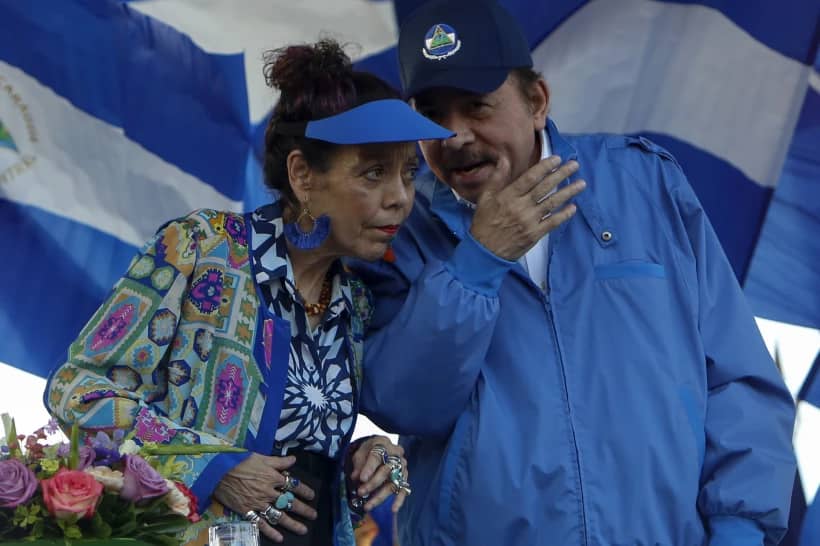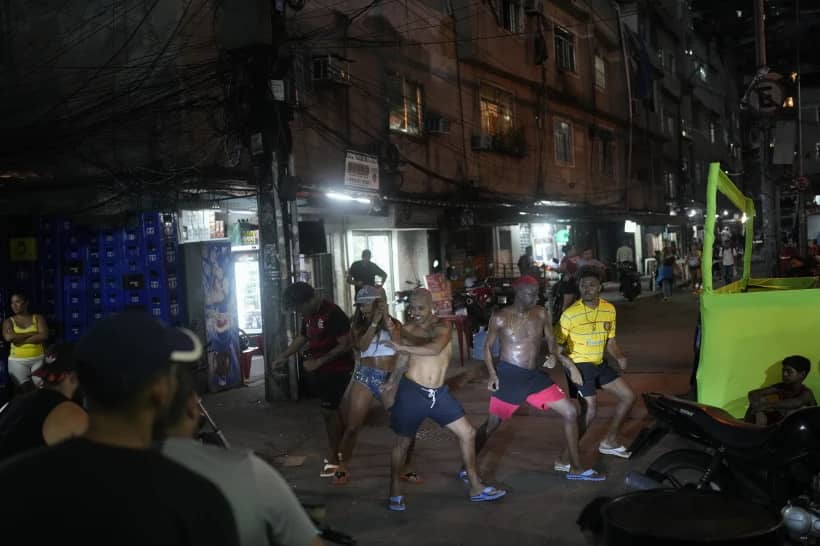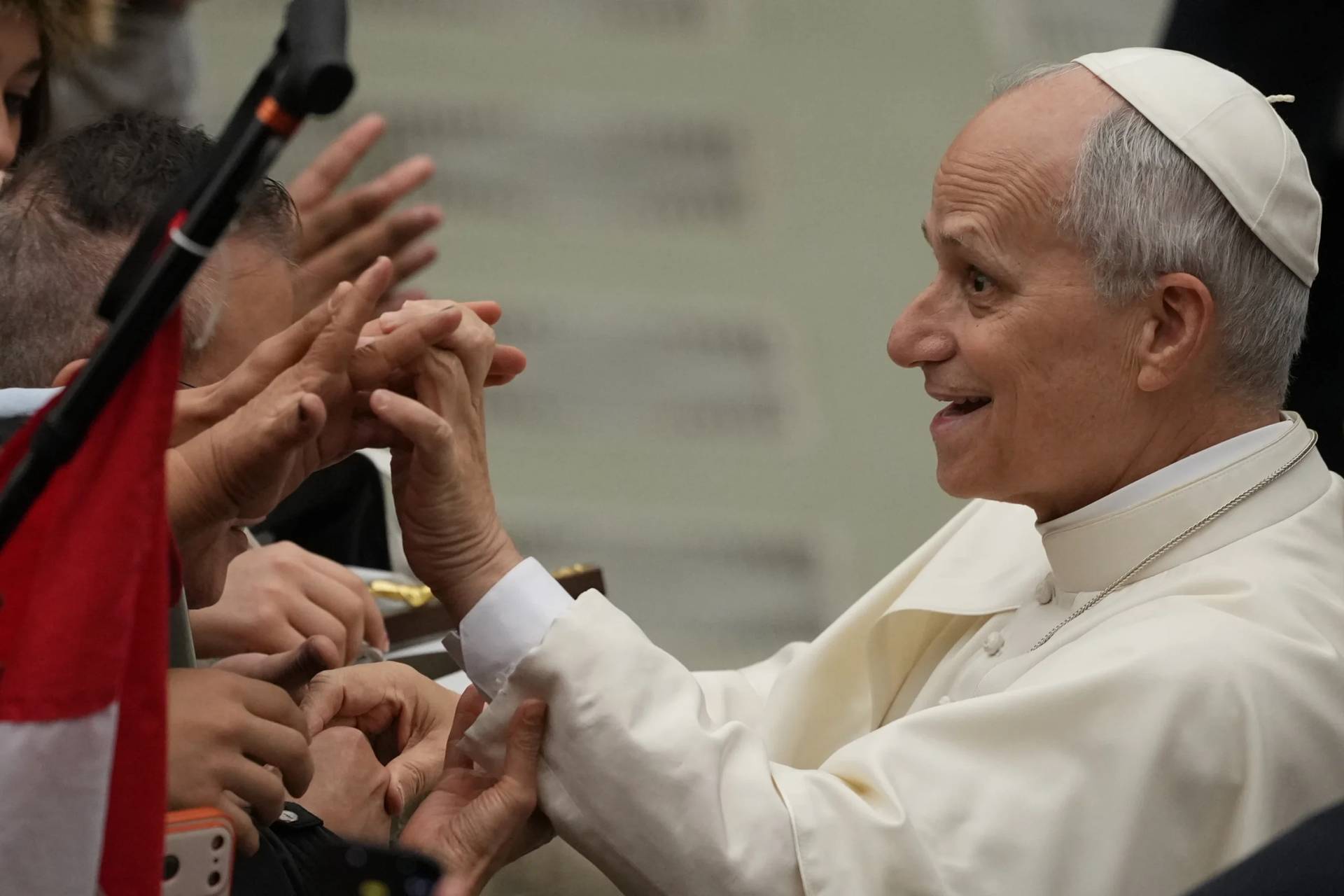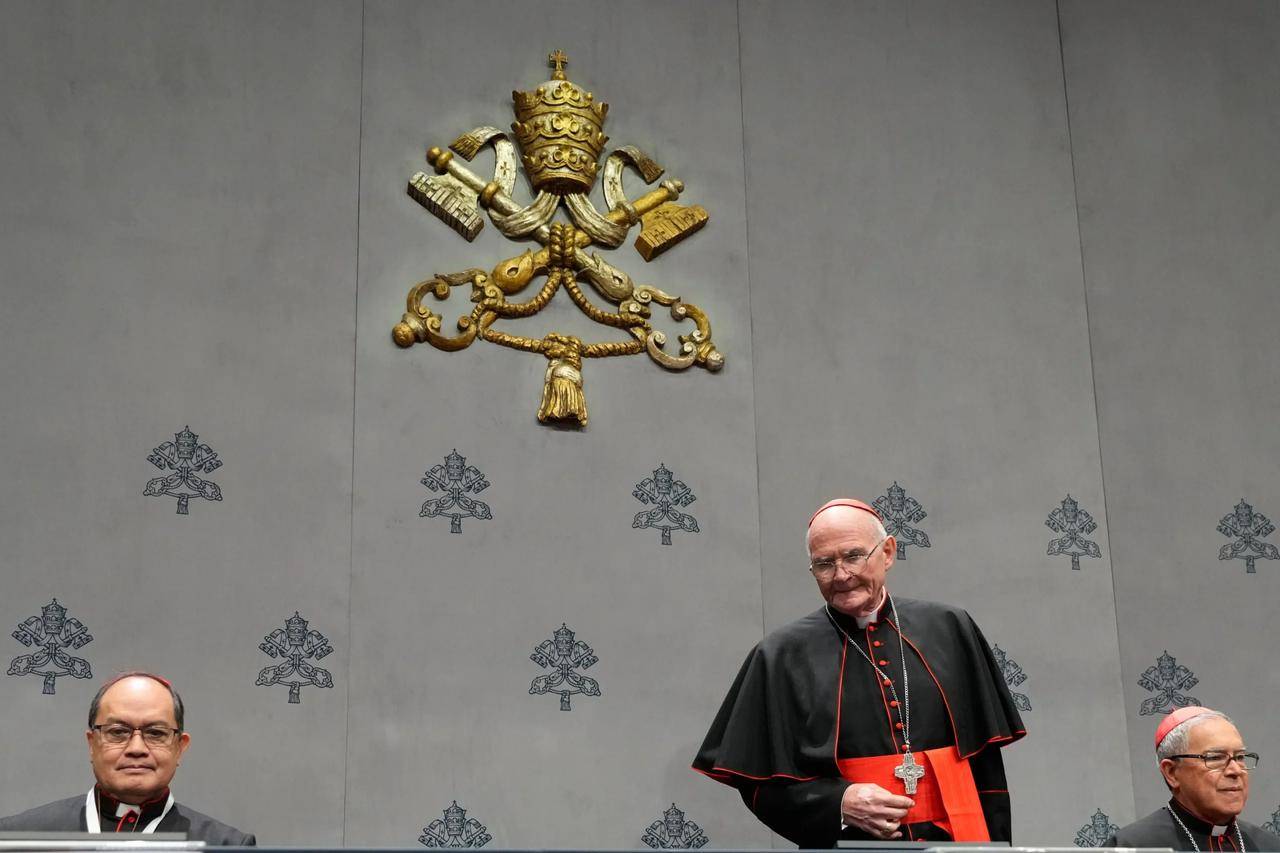SÃO PAULO – Since missionary nuns of the Institute of the Poor of Jesus Christ, a Brazilian women’s order, were expelled from Nicaragua on July 3, the homeless people they used to help on the streets of León have been facing hunger and cannot understand why the sisters were not allowed to keep working in the Central American country.
According to lawyer Martha Molina, a Catholic activist who has been documenting acts of persecution orchestrated by President Daniel Ortega’s regime and is currently exiled in the United States, dozens of people used to receive hot meals from the missionaries every day and now cannot find assistance anywhere else.
“In León, as in every Nicaraguan city, there is a large homeless population. Volunteers who worked with the nuns told me that those people are now helpless,” Molina told Crux.
According to the local newspaper La Prensa, most of the people the missionaries helped spend the night in city parks and near a hospital. Some are drug addicts, and a number of them have psychiatric conditions.
When they spot any of the volunteers passing by the region where the fraternity used to distribute food, they approach them and ask about the missionaries. The report said that at least 100 people are now facing hunger.
The group’s house was visited by officials of the Nicaraguan migration authority late at night on July 2. The employees asked to inspect the place where three missionaries lived, including two Brazilians and a Paraguayan.
“After the inspection, the authorities asked the sisters to gather their belongings and get into a migration department bus, which took them to Managua by 11:30 pm. There was no invasion, violence, or detention,” a statement issued by the group said.
In Managua, the missionaries were informed of their deportation and were taken to the border with Honduras. There they took a bus to El Salvador, where colleagues from the order’s Salvadoran mission welcomed them.
“Our missionaries were already preparing to close the mission in Nicaragua due to migratory reasons, given that they were not able to start the process to settle down in the country […] They were within the extension period of their visas,” the statement added. The mission lasted seven years.
The Institute, also known as Fraternidade O Caminho (“The Way Fraternity”), was founded in 2001 in São Paulo, Brazil, by Father Gilson Sobreiro. Along with sisters and lay missionaries, Sobreiro began to help drug addicts on the poor outskirts of the city.
Soon the fraternity grew, including young missionaries and also former addicts who converted and joined the work with the group. The Fraternidade O Caminho today has missions in the Americas, in Europe, and in Mozambique in Africa.
The news on their expulsion by Ortega’s regime sparked outrage among Nicaraguan dissidents and the Brazilian church.
Bishop Pedro Luiz Stringhini of Mogi das Cruzes, the diocese to which the fraternity is officially connected, told Crux that he “and the diocese repudiate the persecution that the Church is suffering from the Nicaraguan dictatorship.”
“It is even worse when we consider the work the Church performs, the aid provided to the neediest people in several ways besides evangelization, including social work,” Stringhini stated through his press officer.
According to Molina, the fraternity’s missionaries “did not have any political activism and had never criticized the Nicaraguan dictatorship.”
“Nevertheless, they were affected by the regime,” she said.
Molina claimed that Ortega has a plan to expel all foreign missionaries and members of the clergy as part of his war against the Catholic Church. Nicaraguan religious men and women who work in other countries and try to come back have also been denied entry, she said.
“The regime creates red tape excuses, accusing Catholic missionaries of failing to provide a given document, for instance. But when the people try to present it, the authorities refuse to accept it,” she declared.
More than 3,000 civic organizations, including several Catholic and Protestant organizations, have been closed, Molina denounced.
Álvaro Leiva Sánchez, leader of the Nicaraguan Association for the Defense of Human Rights (known by the Spanish acronym ANPDH) from exile in Costa Rica, told Crux that Ortega’s regime usually shuts down such organizations and confiscates their possessions.
“The dictatorship launched its repressive crusade in 2018, especially against civic organizations headed by people identified as dissidents. Later, it went after human rights advocates. In 2019, it began to persecute Catholic bishops, priests, and missionaries,” Leiva Sánchez said.
He recalled the cases of several clergy members who were detained and forced to leave the country.
“The ones who resisted exile, such as Bishop Rolando Álvarez Lagos, are imprisoned for political reasons,” he added. Álvarez, who was sentenced to 26 years in prison for rebellion, was briefly released last week, but was sent back to a penitentiary after refusing to leave Nicaragua.
Such crackdowns are designed “to sustain in power that criminal couple [Ortega and his wife Rosario Murillo], who are clinging to power with an obsessive madness,” Leiva Sánchez said.











